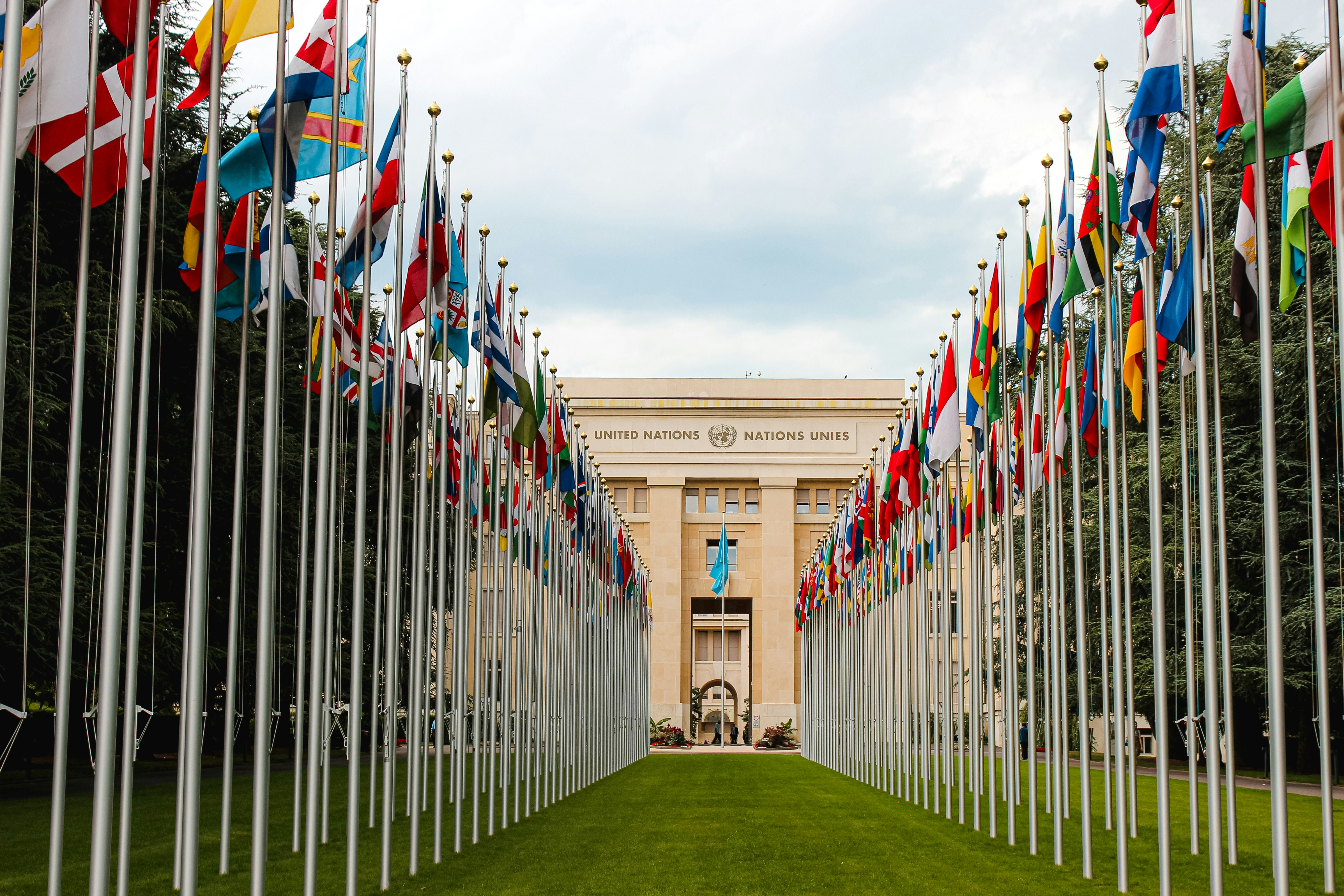News release
From:
No countries on track to meet all 17 UN Sustainable Development Goals
Machine-learning study highlights factors that may affect efforts to meet goals by target year 2030
A new analysis reveals complex linkages among the United Nations’ (UN’s) 17 Sustainable Development Goals—which include such objectives as gender equality and quality education—and finds that no country is on track to meet all 17 goals by the target year of 2030. Alberto García-Rodríguez of Universidad Nacional Autónoma de México and colleagues present these findings in the open-access journal PLOS One on March 12, 2025.
In 2015, UN member countries adopted the Sustainable Development Goals with the aim of achieving “peace and prosperity for people and the planet.” However, setbacks such as the COVID-19 pandemic, climate change, and armed conflict have slowed progress, and more research is needed to clarify the underlying obstacles so they can be effectively addressed.
To help deepen understanding, García-Rodríguez and colleagues applied a suite of machine-learning tools to more than 20 years’ worth of continuous data, analyzing aggregated scores derived from 231 UN-designated indicators of progress toward the Sustainable Development Goals for 107 countries, as well as GDP data.
The analysis revealed complex linkages among the goals, with some acting synergistically and others as tradeoffs. For instance, the two goals of climate action and responsible consumption and production appear to support each other, but have a negative correlation with all 15 other goals, suggesting that our current economic system may hamper climate action goals. Meanwhile, the goal of no poverty appears to be synergistic with most other goals.
No country appears to be on track to meet all 17 goals by 2030. However, when countries are grouped according to geographical, cultural, and socioeconomic factors, different groups appear to be making progress on different goals. For instance, African and Asian countries (which have the lowest GDP) have low progress on such goals as no poverty, gender equality, and good health and well-being, but have the best progress on climate action and responsible consumption and production.
On the basis of these results, the researchers call for a new, systemic approach to achieve the 17 goals that is region-specific and accounts for the complex linkages between goals. The findings of this study could help inform such efforts.
The authors add: “It is evident that the current global production and consumption patterns are not aligning well with our climate action goals and seem to negatively impact other Sustainable Development Goals. If we genuinely aspire to a better future, immediate action is necessary.”



 International
International


